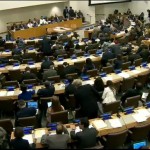Index
Filter by themes:
- (-) Remove Peace & Security filter Peace & Security
- Asia (23) Apply Asia filter
- Australia (44) Apply Australia filter
- Conflict & Violence (23) Apply Conflict & Violence filter
- Dialogue (18) Apply Dialogue filter
- Energy & Environment (9) Apply Energy & Environment filter
- Europe (5) Apply Europe filter
- Globalisation (10) Apply Globalisation filter
- Human Rights (3) Apply Human Rights filter
- International Law (1) Apply International Law filter
- International Relations (15) Apply International Relations filter
- Middle East (20) Apply Middle East filter
- Politics & Governance (27) Apply Politics & Governance filter
- Society, Culture & Religion (13) Apply Society, Culture & Religion filter
- Theoretical Perspectives (9) Apply Theoretical Perspectives filter
- United States (18) Apply United States filter
- World Economy (5) Apply World Economy filter

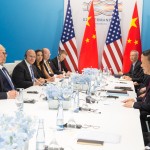
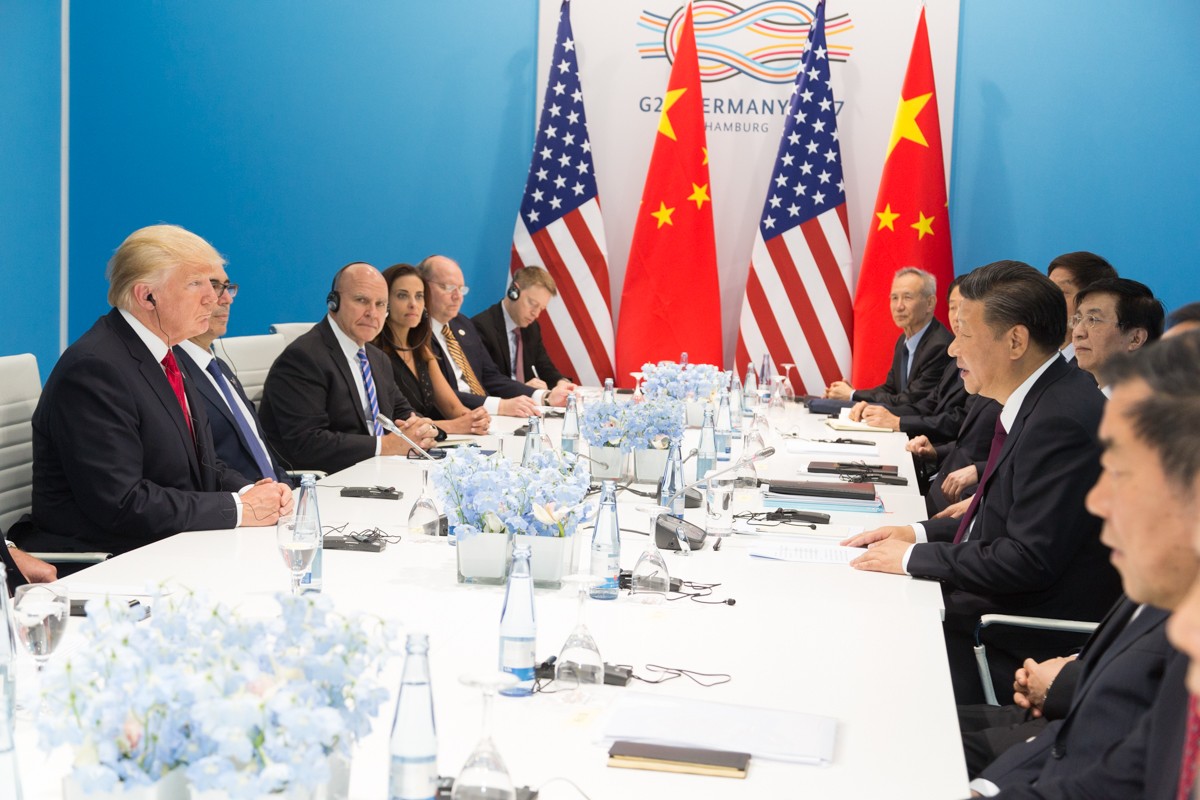
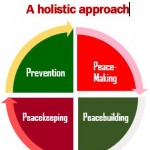


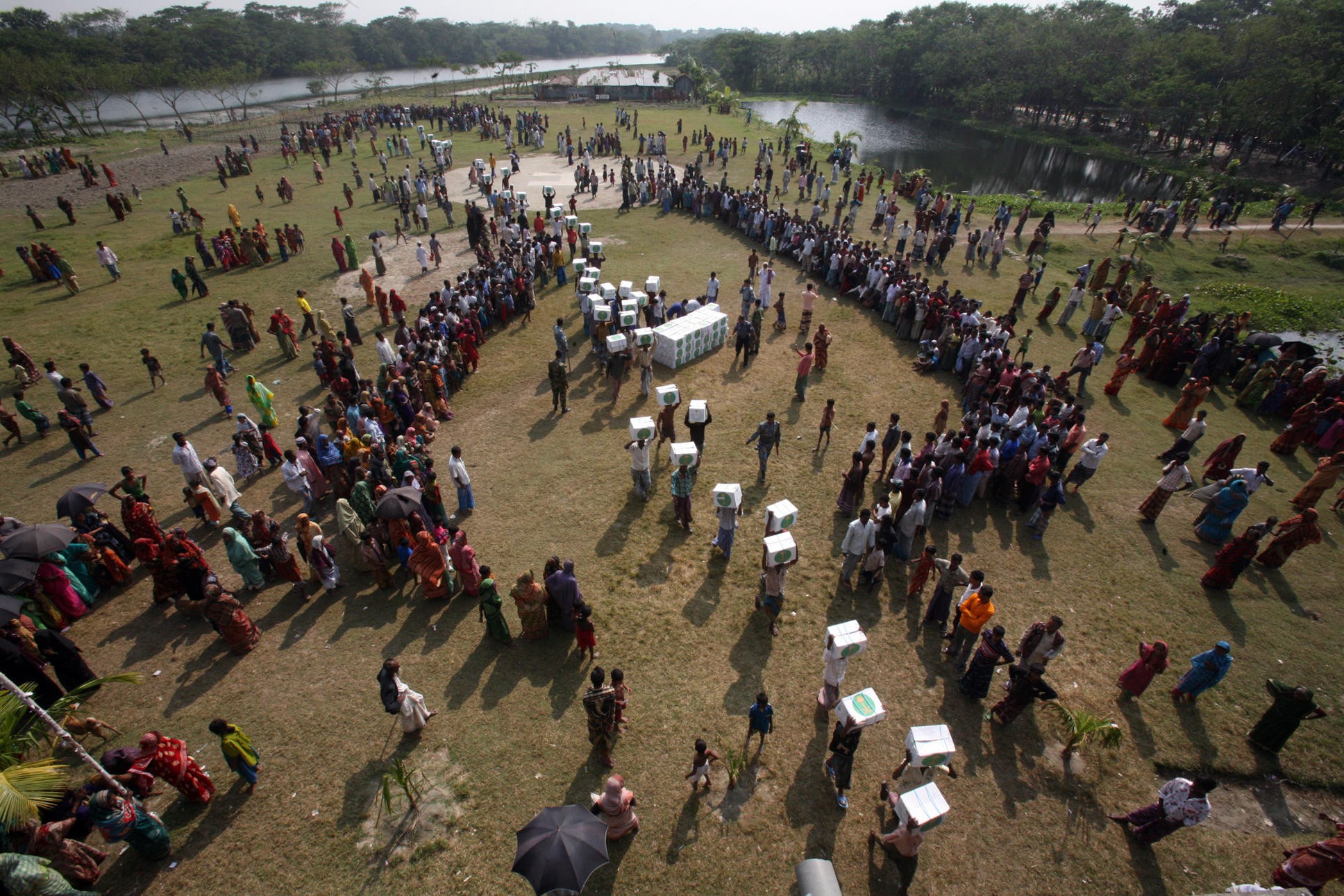
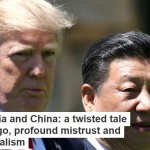
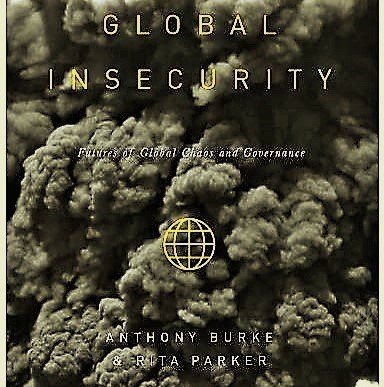 Joseph Camilleri, 'Insecurity and Governance in an Age of Transition', in Anthony Burke and Rita Parker (eds), Global Insecurity: Futures of Global Chaos and Governance, London: Palgrave Macmillan, 2017, pp. 23-41.
Joseph Camilleri, 'Insecurity and Governance in an Age of Transition', in Anthony Burke and Rita Parker (eds), Global Insecurity: Futures of Global Chaos and Governance, London: Palgrave Macmillan, 2017, pp. 23-41.